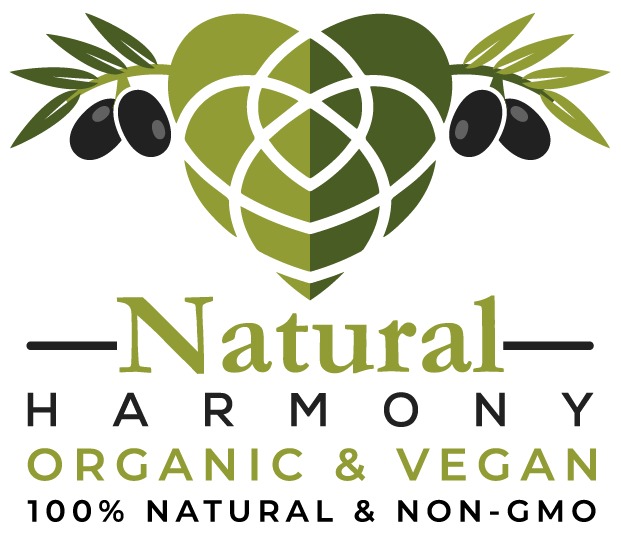Frequently Asked Questions
CBD is short for cannabidiol, the most dominant cannabaniod in the hemp plant. CBD is a non-psychoactive compound, meaning it will not get you high.
CBD does NOT come from marijuana. Hemp and marijuana are both members of the cannabis family but are not the same. Hemp contains no more than 0.3% THC (Tetrahydrocannabinol) the psychoactive compound found in much higher concentrations in marijuana. Hemp is naturally higher in CBD.
In 2018, Epidiolex was approved by The Food and Drug Administration (FDA) as the first CBD-derived medication for treating epilepsy. The FDA does not allow us to make medical claims regarding the benefits of our products beyond recommending them for general well-being. That said, there is research to show CBD is effective in treating anxiety, depression, insomnia, arthritis and other types of chronic pain.
If you are suffering from a disease or illness, or believe you are suffering from a disease or illness, it is best to consult your healthcare provider.
If you are interested in reviewing the studies performed on the benefits of CBD so far, you can search PubMed, the US Government repository of medical research.
While they are both part of the cannabis family of plants, there are distinct genetic differences between the two. Marijuana plants are generally bred to have very high amounts of THC at the expense of other cannabinoids including CBD. Hemp is the inverse, containing large amounts of CBD and little to no THC. This means that hemp is an ideal plant for those seeking cannabis benefits without the intoxicating experience.
Marijuana plants are usually slender and bushy with large amounts of flowers, whereas industrial hemp plants are taller and thinner with pronounced stalks and little to no flowers. Industrial hemp has a myriad of uses including as a component of clothing, paper, rope, plastics, oils, and foods. Medicinal hemp tends to more closely resemble marijuana in appearance.
Legally, the two plants are separately defined by the Agricultural Appropriations Act of 2014, which establishes “Industrial Hemp” as a cannabis sativa plant with a THC concentration below 0.3 percent by weight.
Federally legal hemp extract has THC levels that are less than 0.3% by weight. This means that our full spectrum extracts contain trace amounts of THC. Although it isn’t enough to get you high, it could build up in your system over time and cause you to fail a drug test. For this reason, we also offer THC-free products made with pure CBD. These products test free of THC.
Due to the varying nature of different drug tests and individual employer standards, this response should not be taken as legal advice – please consult your employer policy on hemp products for a concrete answer.
Good question! Less reputable companies sell hemp seed oil claiming that it is CBD oil, so it’s important to know the difference.
Hemp seed oil is made by pressing raw hemp seeds and collecting the liquid oil that is expelled. It is a good supplement and cooking additive. It does not have concentrated cannabinoids.
CBD extract is made by supercritical carbon dioxide extraction of the hemp flower, not the seed. This concentrates the active cannabinoids and terpenes to very high percentages, resulting in the CBD oil we add to our products.
Everybody responds differently to CBD so the best approach is to try it out and titrate to find out what works best. Titrating is the concept of starting with a small dose and trying progressively larger doses until the desired outcome is reached.
For most people, a daily dose between 20 and 50mg of CBD is most beneficial.
As always, consult your healthcare provider for medical advice.
